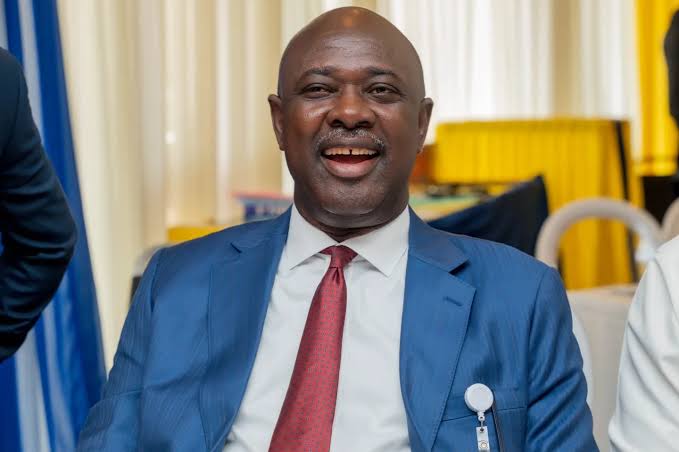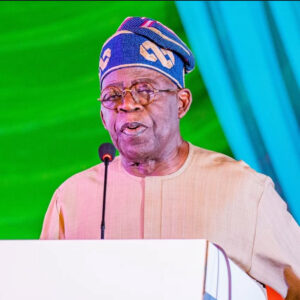Nigeria’s Minister of State for Petroleum Resources (Oil), Senator Heineken Lokpobiri, has issued a compelling call to the international community, particularly to developed nations in the Global North, to recognise Africa’s crucial role in the future of global energy. Speaking during the Ministerial Session of the 9th OPEC International Seminar in Vienna, Austria, the Minister emphasized the urgent need for increased investments into Africa’s energy sector to ensure the continent’s meaningful participation in the global push for energy security and sustainability.
The theme of the seminar, “Oil Markets: Energy Security, Growth and Prosperity,” provided the backdrop for key discussions among global energy leaders. During his remarks, Senator Lokpobiri urged stakeholders to move beyond rhetoric and take concrete steps to address the growing investment gap facing African oil-producing countries. He underscored that while Africa holds significant energy resources, it continues to face barriers that hinder its ability to contribute fully to the global energy landscape.
According to a statement issued by Nneamaka Okafor, the Special Adviser on Media and Communication to the Minister, Lokpobiri noted that Africa cannot continue to be sidelined in the transition to a secure and sustainable energy future. He stressed that excluding the continent from global energy investment decisions, while expecting it to bear the brunt of energy poverty and climate challenges, is both unfair and counterproductive.
He pointed out that African nations are among the most vulnerable to the effects of climate change, despite contributing the least to global emissions. Yet, when it comes to gaining access to much-needed financing for energy development—especially in oil, gas, and renewables—Africa is often overlooked. The Minister argued that this exclusion contradicts the principle of a just and inclusive energy transition.
Senator Lokpobiri called on international partners to adopt a more balanced and equitable approach by facilitating investment opportunities across Africa. He stressed that empowering African countries through capital, technology transfer, and technical collaboration would enable them to harness their resources responsibly and contribute effectively to global energy stability. According to him, this kind of partnership is essential not only for Africa’s development but also for the long-term sustainability of the global energy supply chain.
He further highlighted Nigeria’s commitment to playing a leadership role in this space. As Africa’s largest oil producer, Nigeria is undertaking bold reforms to create a more business-friendly climate for both local and foreign investors. Lokpobiri noted that the country’s current efforts to expand oil and gas production, improve infrastructure, and implement cleaner energy technologies are aimed at positioning Nigeria as a reliable energy partner to the world.
Concluding his remarks, the Minister reiterated that the path to global energy security must be inclusive. He emphasized that investment in African energy is not charity—it is a strategic necessity. He called on governments, investors, and multilateral institutions to recognize the immense potential within the continent and take decisive steps to support its growth and development.






